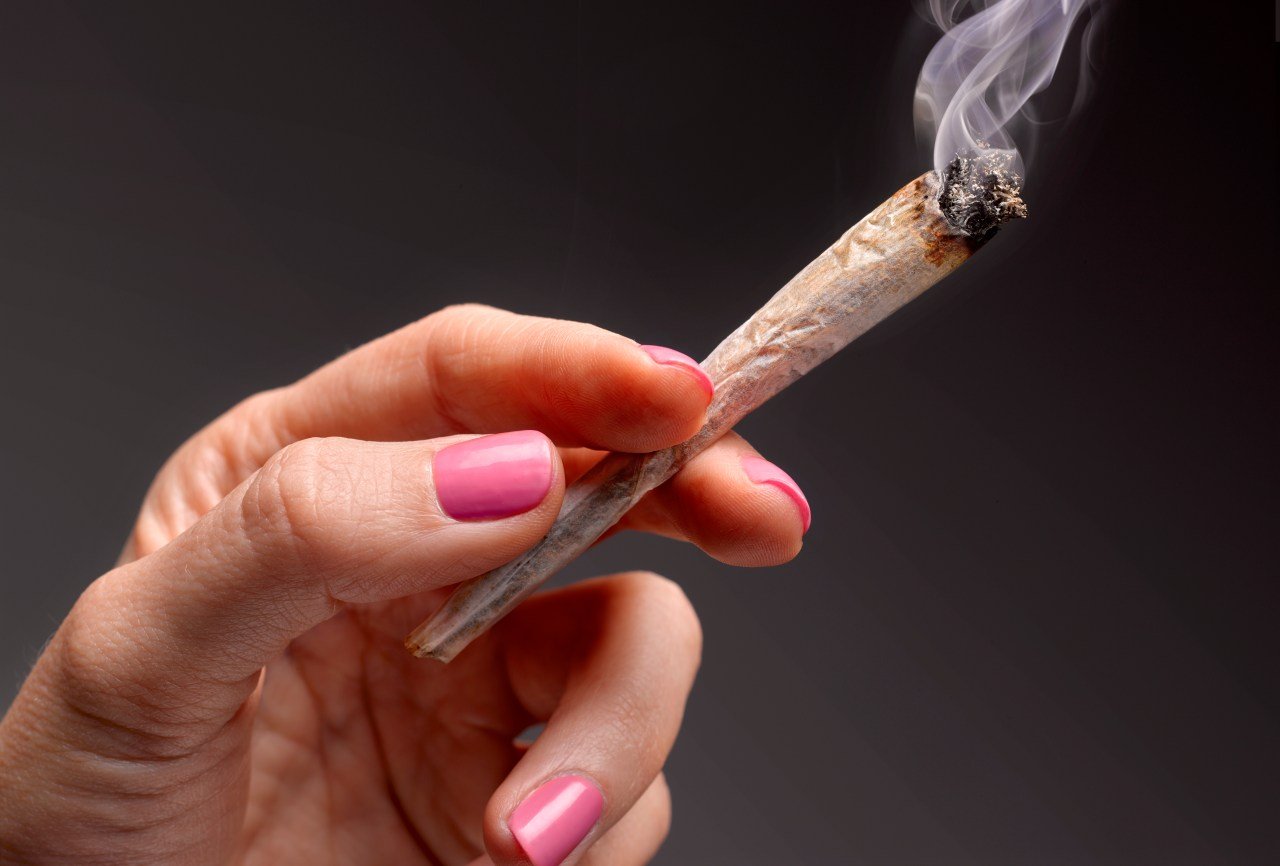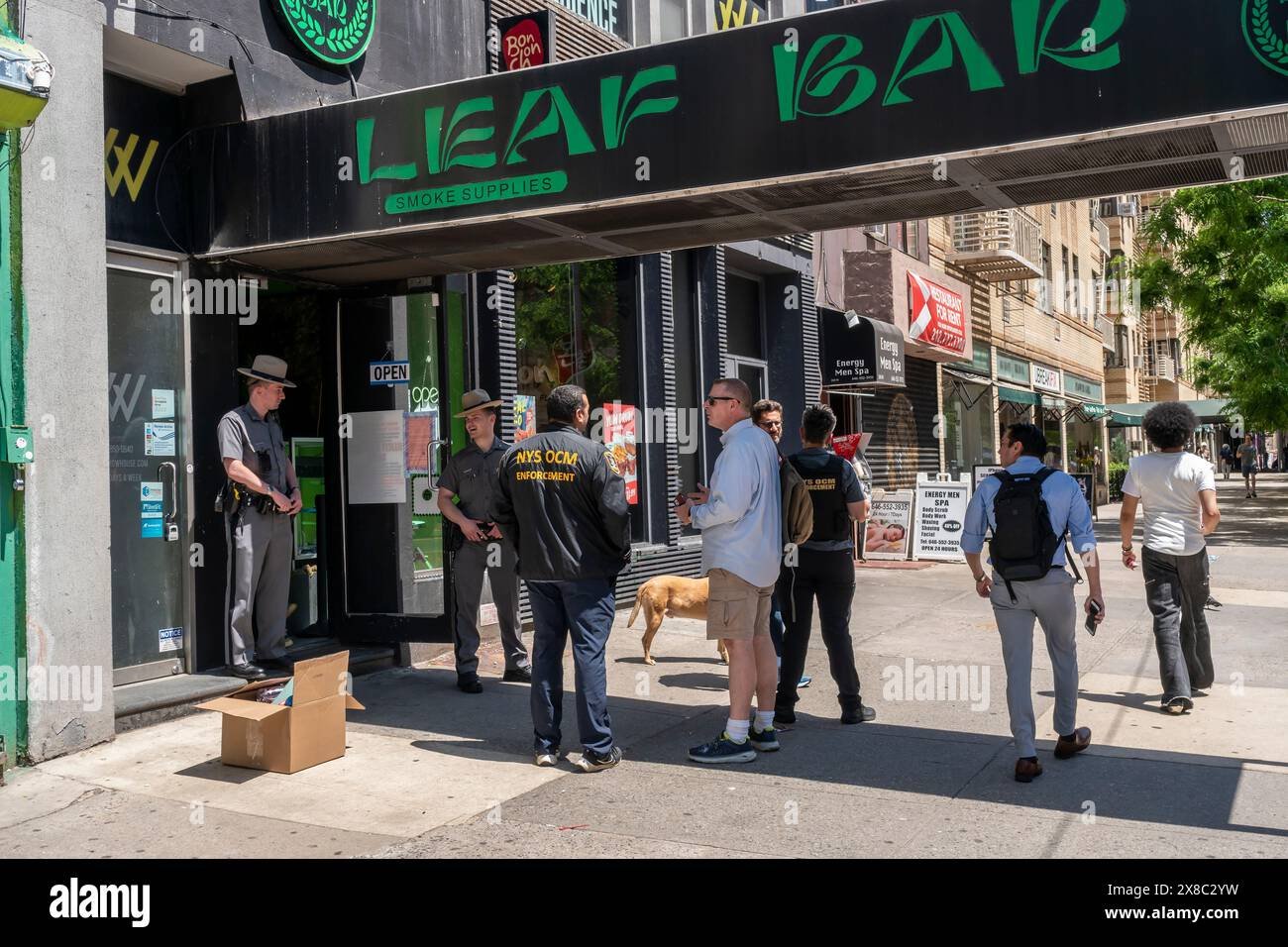Kansas advocates and lawmakers have been striving for years to legalize marijuana, but their efforts have not yet met with success. Despite attempts to introduce legislation aimed at lowering criminal penalties for marijuana and allowing for medical use, it appears that legalization is not achievable this year for residents of Kansas who wish to align with neighboring states like Colorado and Missouri. The National Conference of State Legislatures (NCSL) notes that Kansas is among the last states in the country to neither legalize medical cannabis nor recreational marijuana.
The debate over marijuana legalization remains contentious in Kansas, with organizations like the American Civil Liberties Union (ACLU) advocating for legalization, while entities such as the Kansas Bureau of Investigation (KBI) and the Kansas Office of the Attorney General oppose it. This ongoing clash occurs even as the U.S. Drug Enforcement Administration (DEA) proposed in 2024 to reclassify marijuana from a “Schedule I” substance to a less severe “Schedule III” classification. Additionally, the economic advantages seen in states that have legalized marijuana continue to fuel the discussion.
Kelly Rippel, a long-time advocate for marijuana legalization and advisor to the Kansas Cannabis Coalition, expressed his frustration concerning the lack of progress in Kansas. Rippel has been involved in the push for legalization for the past decade and highlighted the entrenched prohibitionist stance on drugs as a significant barrier. He stated that this situation represents a misuse of taxpayer dollars and emphasized the need for legislative action.
Rippel pointed out that many residents of Kansas have long been hopeful for legalization, particularly those who could benefit from medicinal cannabis. He attributes the lack of a legalization program to the conservative leadership in the state, stating, “It’s not just disappointing, it’s sickening at this point.” He criticized lawmakers for neglecting their responsibilities regarding this issue, describing it as “beyond disappointing.”
The persistent opposition to legalization measures from state lawmakers is discouraging for advocates like Rippel, especially as surrounding states move forward with their own marijuana legislation. He expressed his frustration with the Kansas Legislature’s handling of marijuana bills, noting that many proposed laws receive no committee hearings or fail to advance after their introduction. Rippel remarked, “It’s very aggravating and frustrating to see this in action when we have literally spoon-fed information time and again to different groups of lawmakers over the years.”




